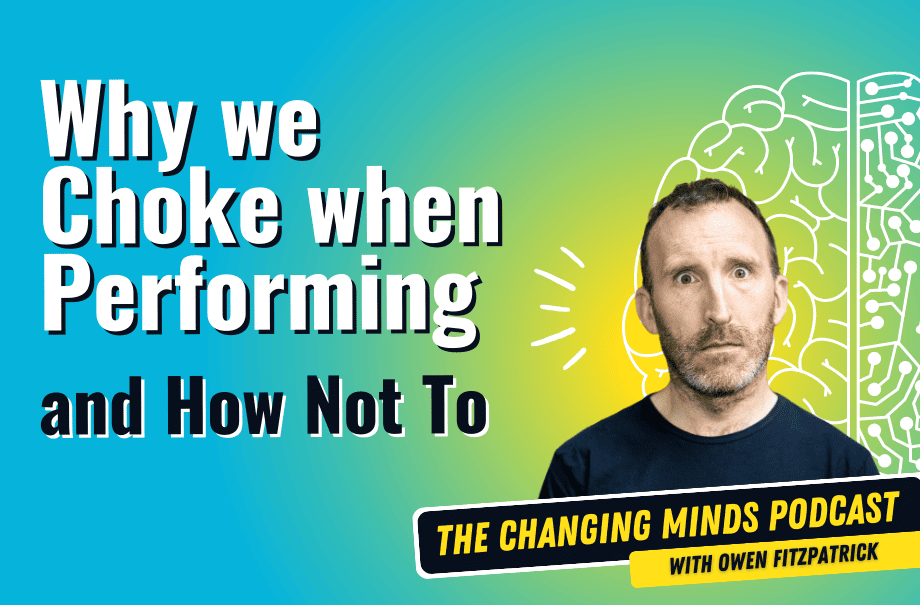Daniel Pink is a multiple time New York Times Bestselling Author. One of the greatest authors in the self development areas out there at the moment. Dan has a remarkable skill for translating insights and science into practical applications with life changing results. In this episode, we explore DRIVE and The Adventures of Johnny Bunko.
DRIVE
In Drive, Dan takes us through the history of human motivation.
Rise and Fall of Motivation 2.0
7 Reasons carrots and sticks dotty work
When they do
Type I and Type X
AUTONOMY
MASTERY
PURPOSE
Tasks either:
Algorithmic Extrinsic is ok. Heuristic need Internal
Intrinsic vs Extrinsic Drives
If motivation is based upon external results always sometimes cheat to get there PLUS not need extra money as before
Sometimes more money worse performance
Goals you set for yourself to master- Healthy
Goals other people put on you not so much
Not reward or punishment drive but
Motivation 3.0 (1-BIOLOGICAL, 2- EXTRINSIC REWARDS AND PUNISHMENT): our deep-seated desire to direct our own lives, to extend and expand our abilities, and to live a life of purpose.
Motivation 3.0 is built on the self-determination theory (SDT), which says that human beings have an innate drive to be autonomous,
The 3 Elements of Intrinsic Motivation
Intrinsic motivation essentially involves 3 elements:
• Autonomy: The desire to direct our own lives;
• Mastery: The desire to get better and better at something that matters; and
• Purpose: The desire to serve something larger than ourselves.
Kids if you do this, then you’ll get that—had the negative effect. Forfeit autonomy
Blood donors offer pay reduce
FLOW IS GOOD… attain mastery and challenged
The Seven Deadly Flaws of Carrots and Sticks
- They can extinguish intrinsic motivation
- They can diminish performance
- They can crush creativity
- They can crowd out good behavior
- They can encourage cheating, shortcuts, and unethical behavior.
- They can become addictive
- They can foster short-term thinking
If then and Now then rewards
• If then-rewards can be effective for people performing routine, dull tasks
• Now-then rewards: For non-routine conceptual tasks, offer “now-then” rewards as a surprise or bonus after the task is done.
The Adventures of Johnny Bunko (illustrated by Rob Ten Pas)
6 guiding principles:
There Is No Plan
Think Strengths, Not Weaknesses
It’s Not About You
Persistence Trumps Talent
Make Excellent Mistakes
Leave an Imprint
DAN’S WEBSITE:
DAN’S TWO BOOKS:
THE ADVENTURES OF JOHNNY BUNKO
Podcast: Play in new window | Download








